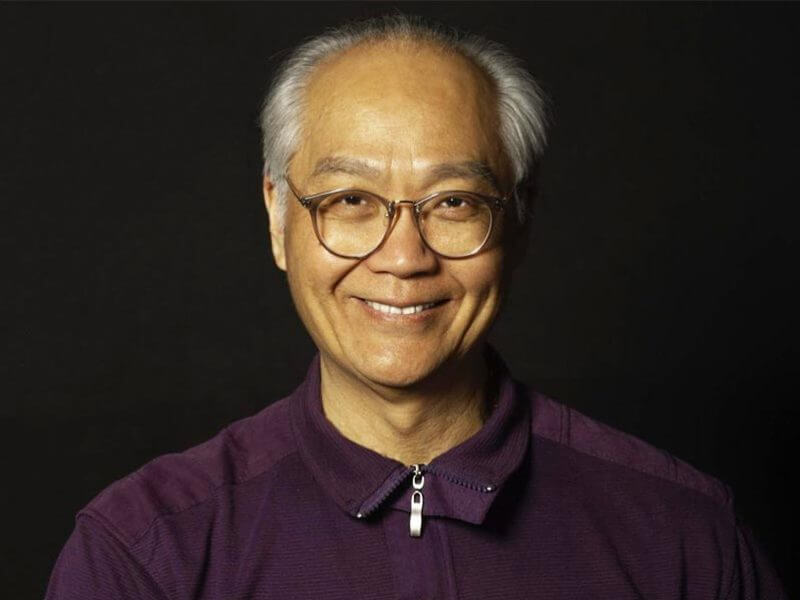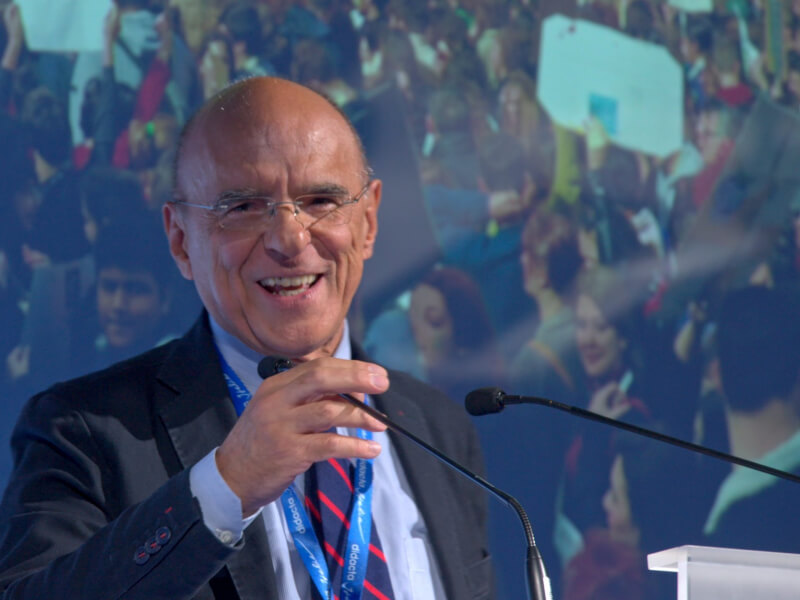14 September 2023 – Yi-Heng Cheng, member of The Club of Rome Executive Committee and Asia Deputy Director of the International Ecological Development Union (EDUI) sits down with Communications Fellow Nonhlanhla Ngwenya to talk sustainability and how the circular economy feeds into the bigger picture for future generations.
How did you become involved with The Club of Rome?
I became interested in futurism in 1974 when I came across an article in Time Magazine about The Club of Rome and the groundbreaking report The Limits to Growth. I later worked for a multinational chemical company after I got my Dr-Ing., my job was to find ways to demonstrate the company’s commitment to responsible care and persuade other chemical companies to do the same. During a presentation in Japan, I learned about the concept of Factor 10 on the reduction of resource consumption, which shocked me as being truly disruptive. Later, I translated a number of The Club of Rome reports into Chinese, which led me to communicate with members of The Club of Rome and I eventually become a member in 2013, almost 40 years after I first became interested in futurism.
How did you become interested in sustainability?
Sustainability was the continuity of what was previously the responsible care program. Chemical industries did not have a very good image: There were a number of reported factory explosions and poison leakage accidents. Manufacturers needed to address safety and environmental issues and end users needed to be informed, as all are responsible when dealing with chemicals. The responsible care program that I was in charge of developed into corporate social responsibility (CSR), and later on sustainability. Sustainability is not a new concept to me, however, focus on it has introduced me to many new ways of looking at things.
What is the circular economy and how does it feed into the bigger picture for future generations?
The circular economy is a method of organising society so that it works collaboratively, with everyone playing a part through a closed-loop system. It has become a hot topic for the past five or six years. It requires certain conditions to thrive, for example for biodegradable products you need a collection, storage and space for digestion system. Implementing a circular economy involves the collaboration of various parties, or “tribes”, it cannot be achieved by one group working alone. The circular economy is a total solution that requires the participation of society and government and without a closed-loop system, it cannot be effective.
You are a member of The Club of Rome Executive Committee, what does that entail?
As an individual I use my knowledge to consult, teach and guide projects aligned with The Club of Rome’s objectives. The committee as a whole works towards specific goals and we see balancing of gender, geography, Eastern and Western, European and Asian representation as crucial. We need to consider different cultures and mentalities that affect understanding and action, even when we are speaking the same language. Achieving a harmonisation of understanding and action is crucial for tackling global challenges and addressing recurring patterns of exceeding limits to growth, even with advancements in technology and models. We don’t see ourselves as a think tank, we say “we think AND we do”.
How does your current work align with the goals and mission of The Club of Rome?
My current work aligns with organisation’s goals of pluralism and diversity. As a Taiwanese-born Singaporean who has worked in China for a long time, I try to play a role in understanding and bridging different cultures for global harmony. Soon we will be having a Club of Rome meeting in Shanghai, where members of The Club of Rome Executive Committee will have an opportunity to better understand China. Without China, a global organisation cannot truly be global.
How do you see the role of The Club of Rome evolving in the coming years?
I think a big challenge for a sustainable future for humanity and the planet is how do we combine East and West, North and South? We need a global effort to see and create a future for all. The Club of Rome itself is no longer an organisation of only white people, it has grown beyond Europe and is a truly international multiple-culture network.
What advice would you give a young person who is eager to work in sustainability?
I would advise young people eager to pursue careers in sustainability to focus on real sustainability issues rather than getting lost in jargon. It’s great to see young people being enthusiastic about sustainability in Africa, but in places like Taiwan and China, the news media talks about sustainability without really understanding it. We need both young people engaged in small projects and specialists working together to solve sustainability problems. Unfortunately, we currently have too many managers and leaders and too few specialists. So, I would like to see talented and motivated individuals who understand the technical aspects of sustainability and can motivate others to join forces with them. We must do more than just talk.
And lastly, how do you stay motivated and inspired in your work?
Well, I think that is in my blood. It starts with awareness, that becomes consciousness and from that, action.






